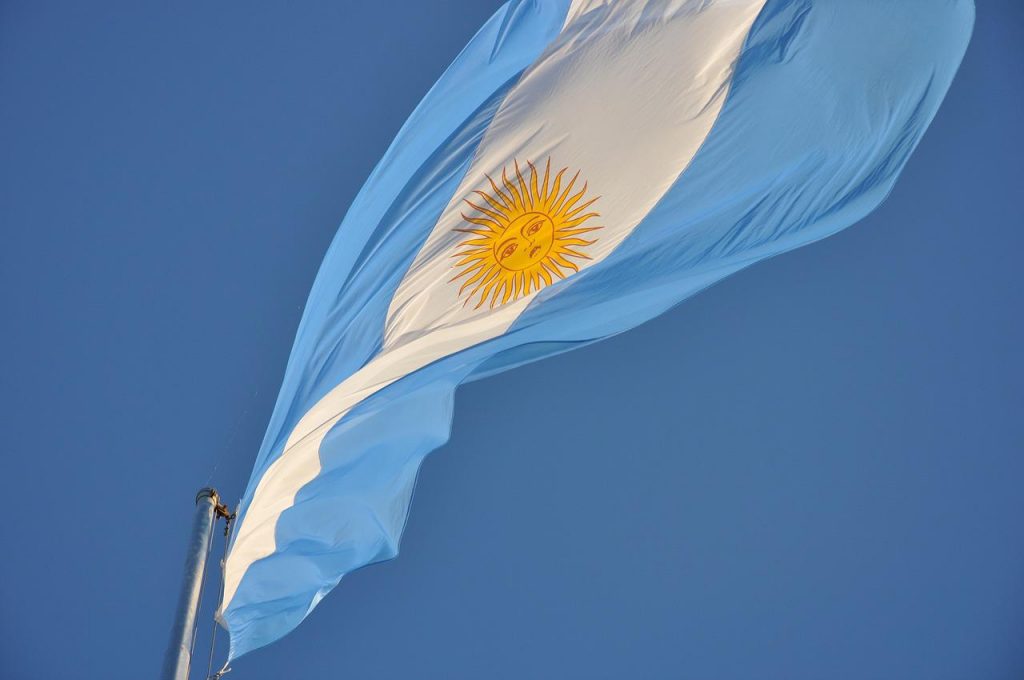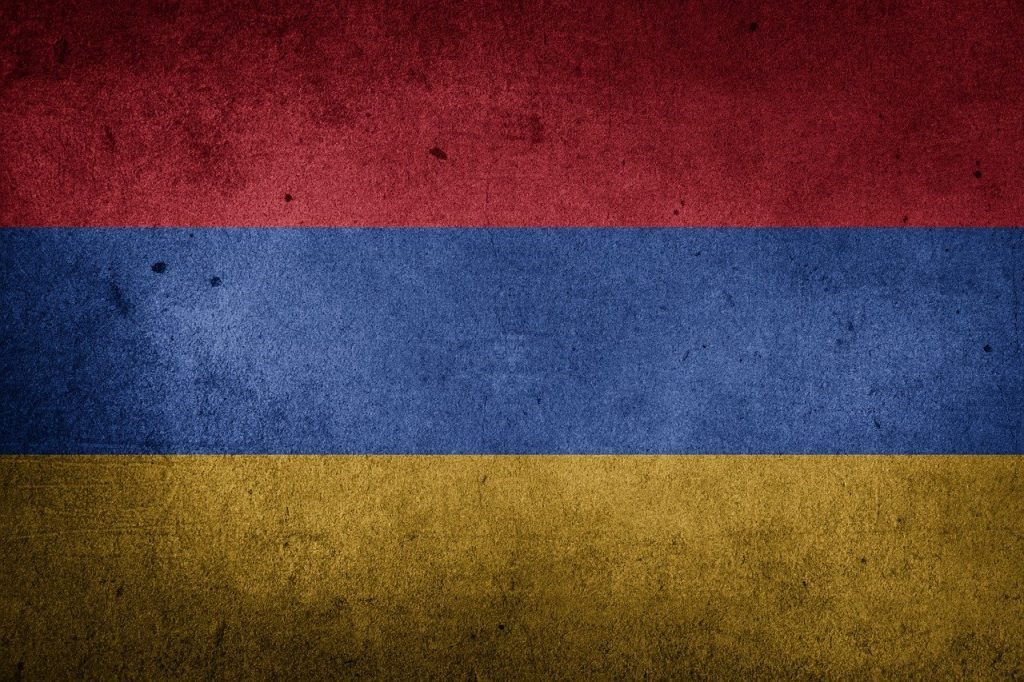Nirmala Sitharaman, India’s finance minister, announced the country’s intention to develop standard operating procedures (SOPs) for cryptos during its G20 chairmanship, which runs from December 1, 2022, to November 30, 2023.
Sitharaman has previously spoken in favor of global collaboration to make decisions about the future of cryptos and has expressed caution about their widespread adoption due to risks to financial stability. She did, however, state to local Indian reporters on October 15 that “That (crypto) will also be part of India’s thing (agenda while G20 presidency)”.
To fight against the concerns of money laundering and terrorism funding, Ms. Sitharaman has been arguing persuasively for international regulation of cryptocurrencies. The finance minister then brought up how India’s Enforcement Directorate (ED) has discovered instances of money laundering employing digital currency and cryptocurrency trading platforms.
The Reserve Bank of India (RBI) has exhibited worries about cryptocurrencies, suggesting that they should be banned because they may have a destabilizing impact on monetary and fiscal stability, according to Sitharaman’s statement in July.
A list of suggested qualities and justifications for its under-construction central bank digital currency (CBDC) was posted by the Reserve Bank of India (RBI) on October 7.
What is G20 Presidency?
The European Union and 19 other nations comprise the G20, an intergovernmental organization. It strives to address important global economic concerns like international financial stability, reducing greenhouse gas emissions, and sustainable development.
Argentina, Australia, Brazil, Canada, China, France, Germany, Italy, Japan, South Korea, Mexico, Russia, South Africa, Saudi Arabia, Turkey, the United Kingdom, the United States, and the European Union (EU) are all members.



